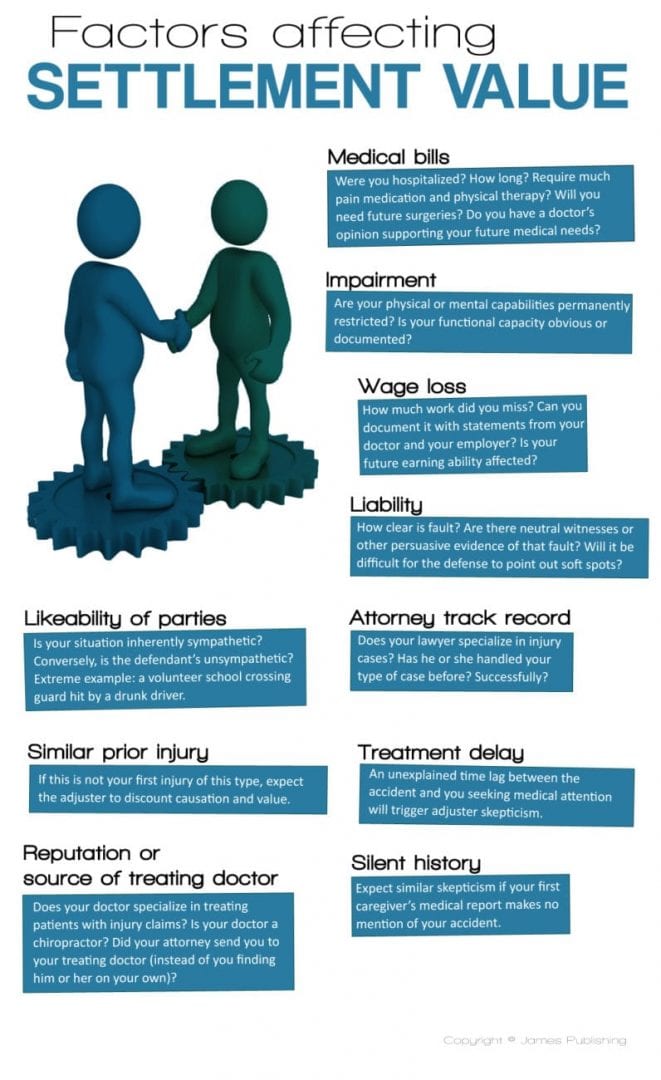Landlord-Tenant Regulation: A Realty Attorney'S Guide
Landlord-Tenant Regulation: A Realty Attorney'S Guide
Blog Article
Content Writer-Pike Schofield
When it involves landlord-tenant legislation, recognizing your rights and duties is crucial for both parties. official source could think you have a strong grasp on the basics, but there are frequently nuances that can capture you unsuspecting. Whether you're a property owner handling a residential or commercial property or a tenant searching for a secure home, comprehending the lawful landscape can make all the difference. What might shock you are the intricacies involved in browsing conflicts and eviction processes.
Recognizing Tenant Legal Rights and Responsibilities
When you rent a property, it's vital to comprehend your civil liberties and responsibilities as a lessee. You have the right to a risk-free and habitable living environment, meaning your property manager must keep crucial services like home heating, plumbing, and power.
You're also qualified to personal privacy; landlords normally need to give notification before entering your unit.
On the other hand, you're responsible for paying rent on time, maintaining the property tidy, and not creating damage beyond regular damage.
Acquaint yourself with your lease contract, as it outlines particular policies and obligations. Understanding these elements not just shields you yet likewise cultivates a favorable relationship with your property owner.
Keep informed, and you'll browse your occupancy better.
Secret Property Manager Obligations and Lawful Considerations
While you may recognize your rights as an occupant, it's just as important to recognize your property owner's commitments.
Landlords have to provide a safe and habitable living atmosphere, making sure that vital systems like heating, plumbing, and electricity remain in functioning order. They're also in charge of making necessary fixings immediately and adhering to neighborhood building codes.
Additionally, landlords must value your privacy by offering proper notice prior to entering your unit, normally 24 hours. They need to take care of down payment according to state laws, including returning them immediately after you leave, minus any type of legal reductions.
Recognizing these responsibilities can aid you preserve a favorable relationship with your proprietor and guarantee your living situation satisfies lawful standards.
Navigating Conflicts and Expulsion Processes
Conflicts in between property managers and lessees can arise suddenly, making it crucial for you to recognize the procedures associated with fixing them.
Initially, communication is crucial-- attempt to go over concerns straight to locate a compromise. If that stops working, familiarize on your own with your regional regulations concerning disputes and eviction. Paper every little thing: maintain records of interactions, settlements, and any kind of offenses.
If eviction comes to be required, ensure you follow the lawful steps called for in your area, which often consists of supplying created notice and a details duration for resolution.
Be prepared to go to court if the circumstance escalates, maybe your only choice. Recognizing how to setup a will will aid you navigate disagreements better and shield your legal rights as either a proprietor or occupant.
Conclusion
In recap, understanding landlord-tenant legislation is vital for both events involved in a rental contract. By understanding your civil liberties and responsibilities, you can promote a better living atmosphere and stay clear of disputes. If disagreements occur, remember that a property legal representative can assist guide you with the intricacies of eviction procedures and legal obligations. Remaining notified and aggressive will certainly make certain a smoother rental experience, whether you're a property manager or an occupant.
